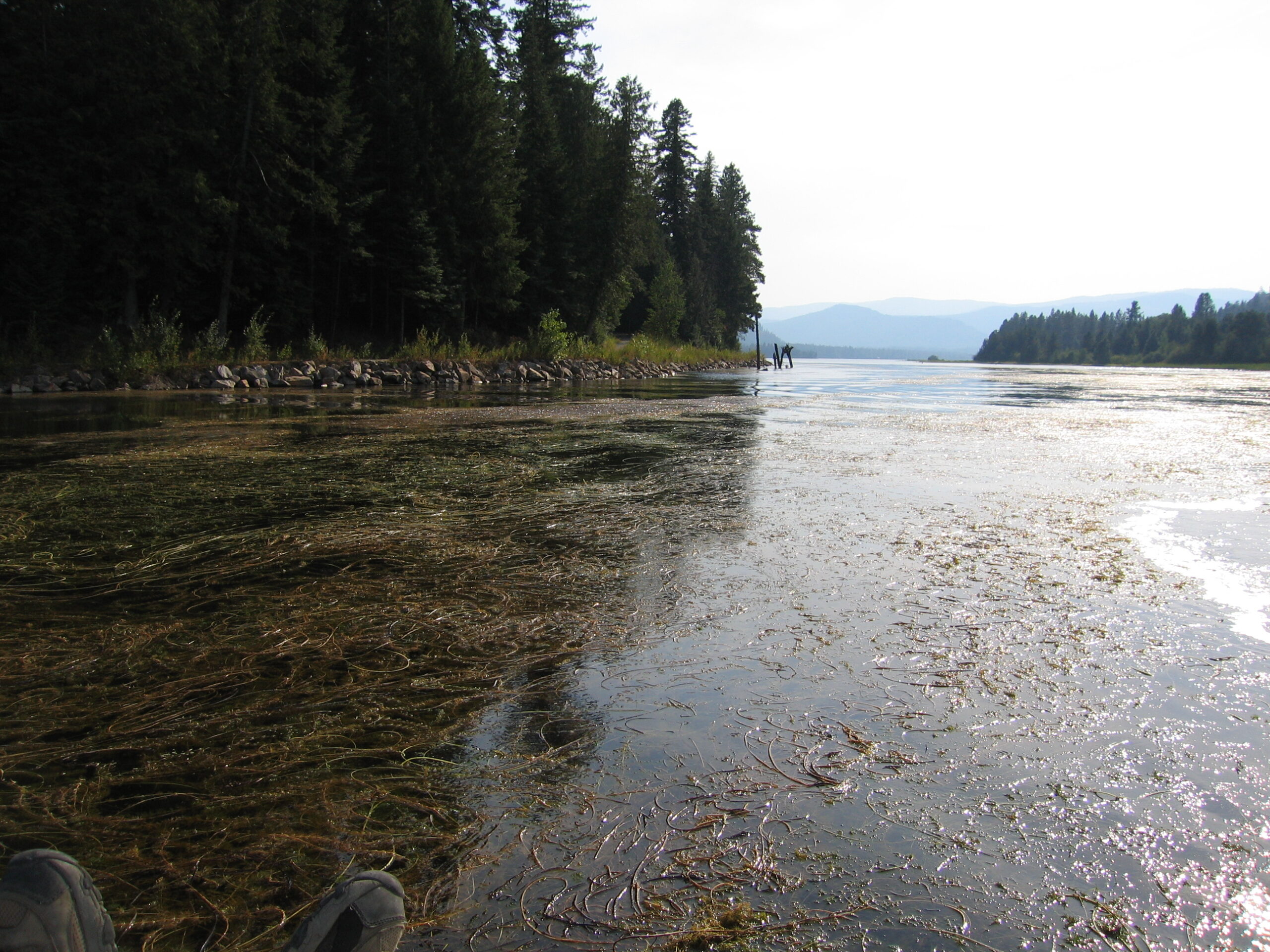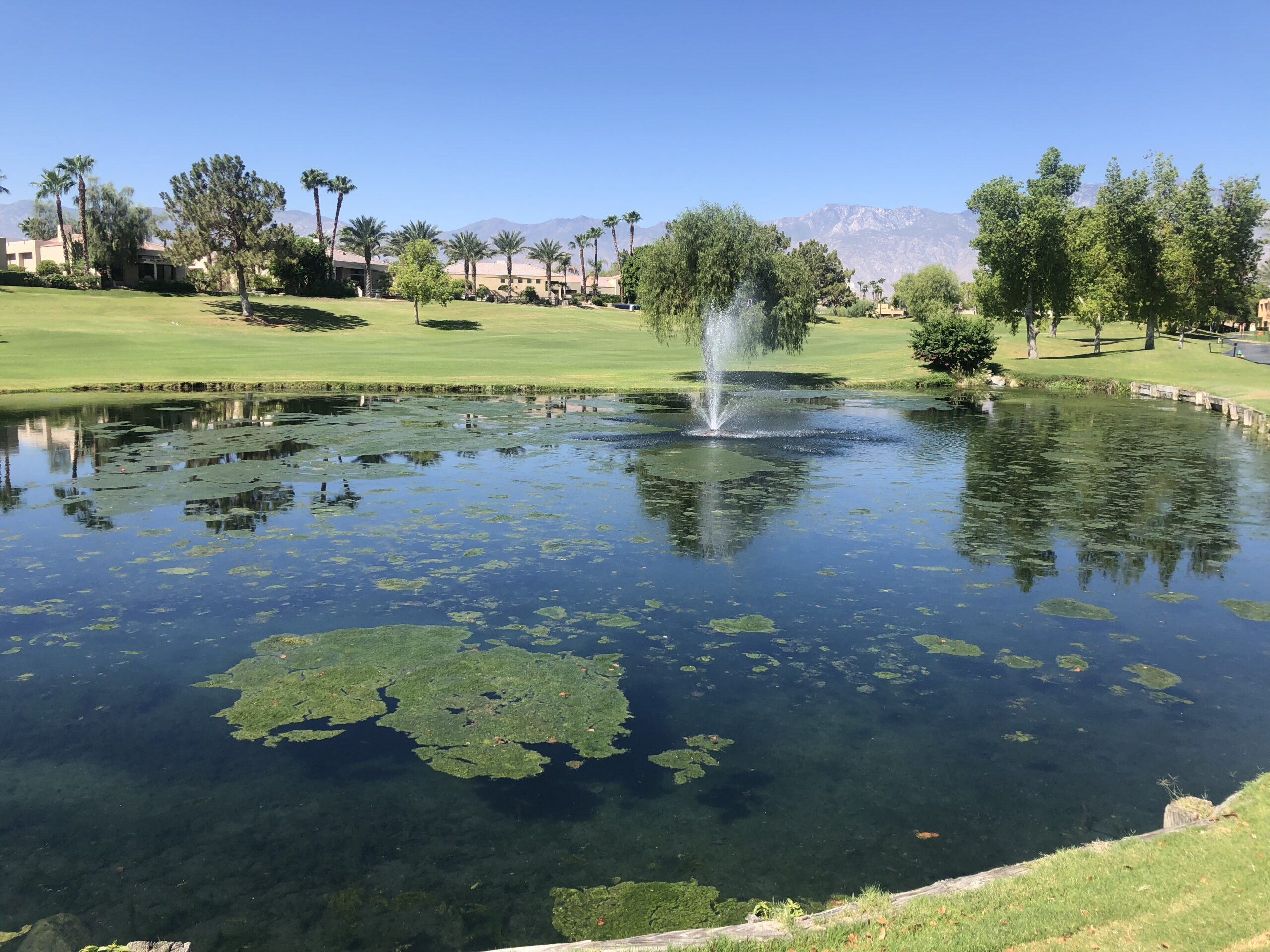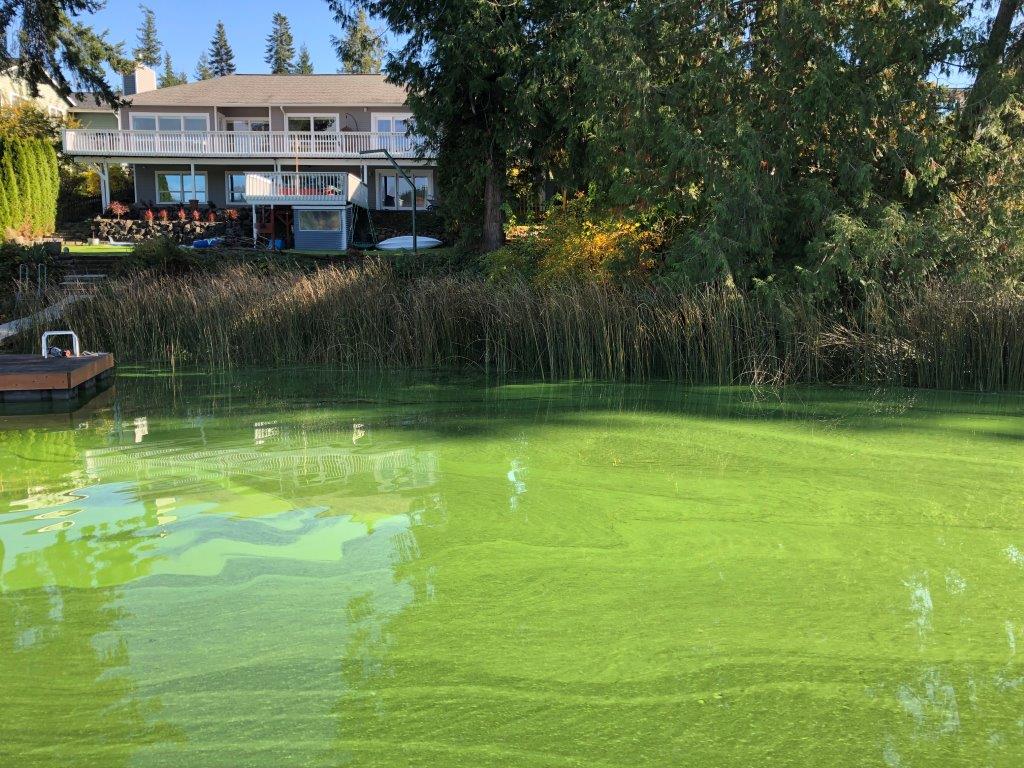The Problem
Eutrophication accelerated. All lakes go through a process called Eutrophication where lakes change from clear deep water bodies to wetland meadow. This biological process is driven by the accumulation of nutrients from the watershed driving aquatic plant growth. Prior to the development of the watershed, this could take centuries. With development, it can happen rapidly. Invasive aquatic plants can be dealt with and not harm other aspects of water life. Key nutrients like phosphorus travel in stormwater to the lake and accumulate driving this growth.
How do invasive aquatic plants hurt water sources?
Invasive aquatic plants are an increasing problem in our nation. These species are introduced from other continents and spread rapidly. They outcompete native beneficial aquatic plant species. Plants like Eurasian Milfoil and Hydrilla can rapidly choke a waterbody forming a monoculture. Water quality parameters critical to other components of the ecosystem are degraded. These dense weed beds impact recreation, hydropower production, and irrigation delivery.
Toxic Algae Blooms are an increasing threat to our nation’s lakes and reservoirs. These species thrive in phosphorus-rich lake environments. As their populations increase, the concentration of both acute and chronic toxins they produce threaten wildlife, pets, and human health. Acute toxin production causes lake closures and associated degradation of property values. They also pose a threat to human health. When they occur in potable water reservoirs they impact delivery to consumers. These species are also directly linked to chronic diseases such as ALS, the toxins can be present in potable water from reservoirs and recent research has shown that they can aerosolize and be detected for miles downwind from impacted water bodies.
Lake and golf communities are increasingly impacted by degraded water quality. People are attracted to lakeside communities because of the recreational opportunities and aesthetics lakes provide. This real estate generally commands a higher price because of this. As water quality degrades, this value is threatened. Studies have shown that the presence of invasive aquatic weeds can devalue real estate value by up to 18%. This can also have an impact on local tax collection, as value goes down, so do real estate taxes.



